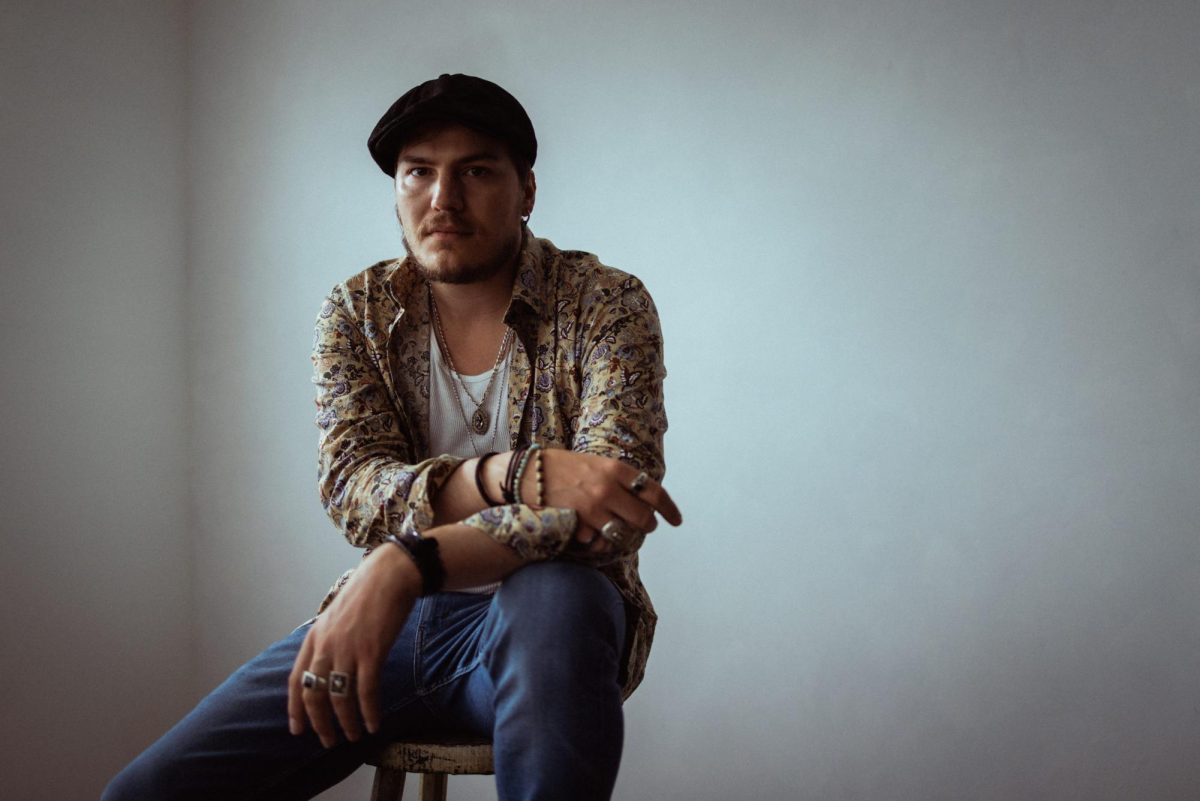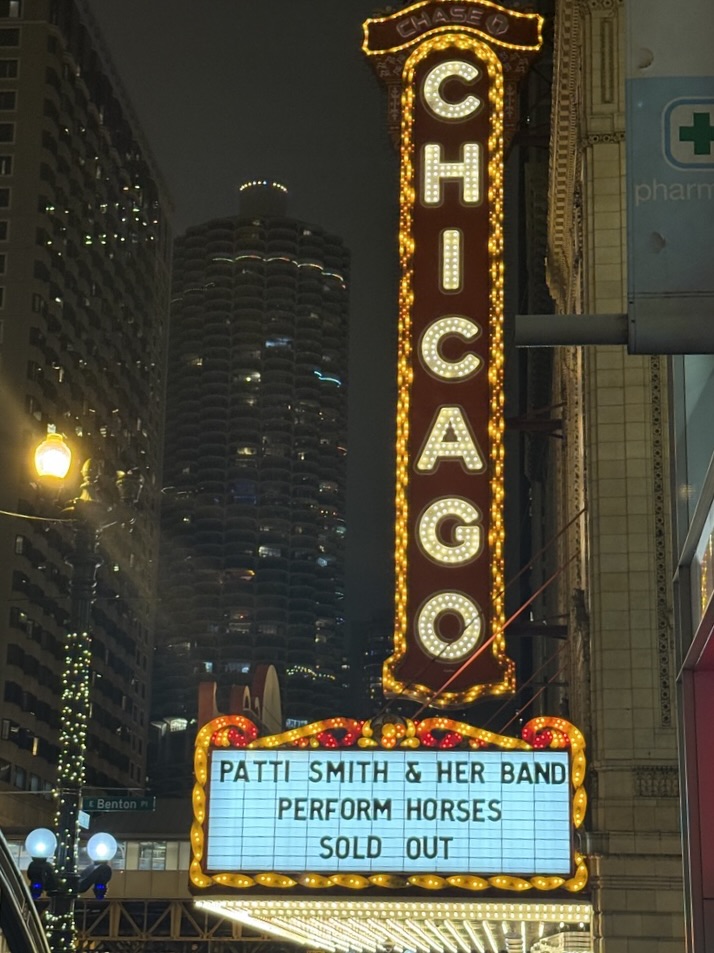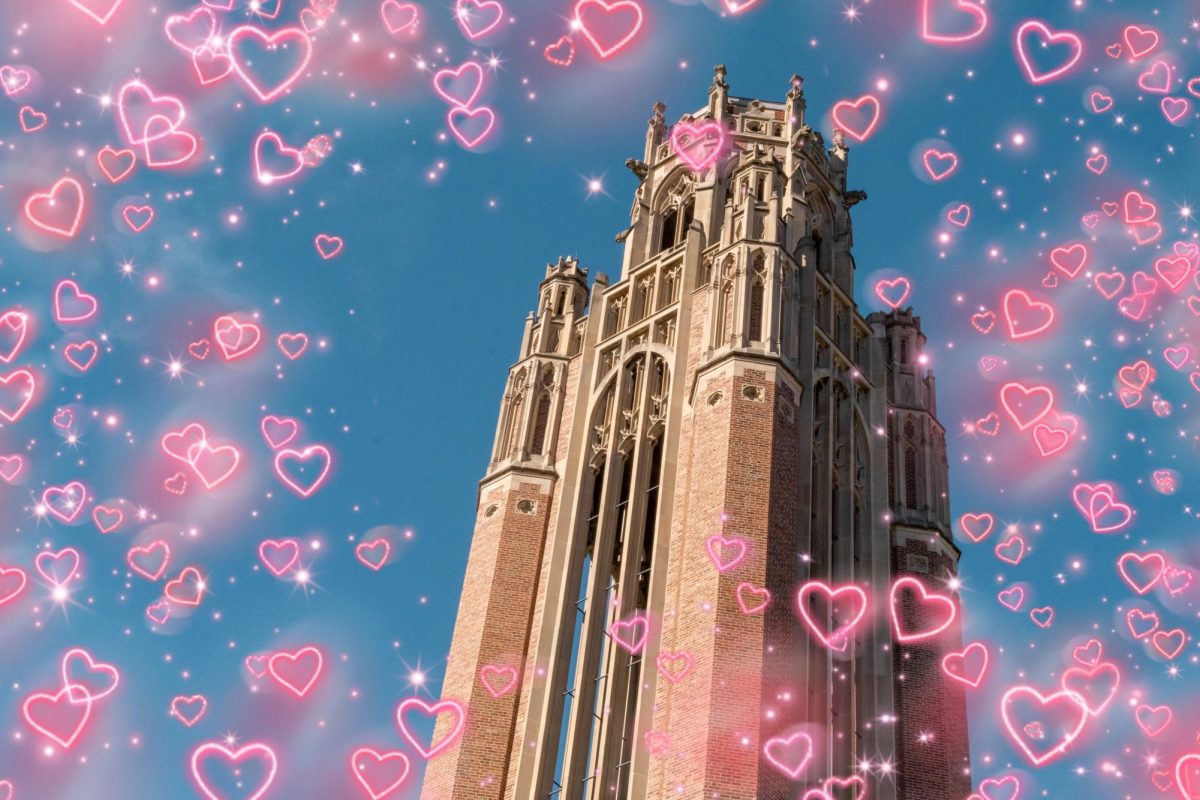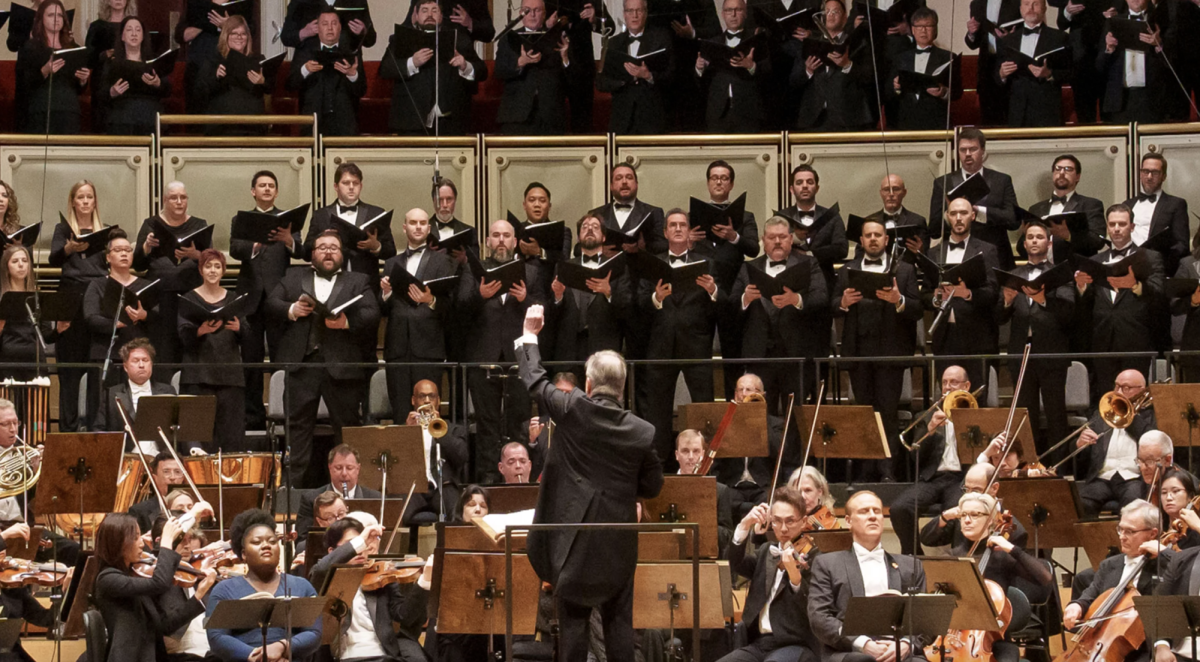Dylan LeBlanc is finding himself. The singer-songwriter released Coyote in October 2023, a 13-song record detailing the story of a fictional man on the run discovering his identity amidst strife. LeBlanc is currently on a world tour, telling Coyote’s story from Chicago to Royal Tunbridge Wells. The artist has played with the likes of Bruce Springsteen, First Aid Kit, and The Civil Wars. Now, he’s learning to balance artistry with family. The Maroon Senior Arts Writer Harmonie Ramsden sat down with Dylan LeBlanc to discuss his touring record, inspirations, and plans for the future.
The following interview has been edited for length and clarity.
Harmonie Ramsden: Can you speak to your artistic inspirations?
Dylan LeBlanc: John Prine and Willis Alan Ramsey. Obviously classic rock and a lot of country influence as well. I like Merle Haggard, stuff like that. And then I like more modern stuff. I like Magnolia Electric Co. and Jason Molina. I liked all that stuff growing up.
HR: Would you say there’s a certain genre of music that tends to feed into your artistic creation? Do you define yourself by a certain genre?
DL: I mean, a lot of people put me in the Americana category. I just call it singer-songwriter, because that’s what I am. I like to write songs and to sing.
HR: You’ve lived in a few different places, predominantly in the South. I was wondering how each of those places feeds into your music. Your fiancée is from Norway; has that influenced your music as well?
DL: I mean, it certainly has an influence on my music. I live half of the time in Northern Europe with my daughter and my fiancée. I think [my style is] deeply rooted in folk music from growing up and the Southern Gothic narrative that I like in my music. I’ve always enjoyed Southern Gothic, writers like Flannery O’Connor and William Faulker, to name a few. They were very influential in my writing process. I’m influenced by a lot of different things on the daily. I feel like, subconsciously, every artist is going to be influenced by anything they like. It’s something that naturally happens. You’ve got to give credit where credit is due, of course.
HR: Your father is also a musician. Were you inspired by him? Do you try to be different from him? Has that changed over the years?
DL: We live in different genres. He’s a pretty straight-ahead country songwriter. But his artistic integrity is incredible, it’s very strong. He’s an incredible artist. I always looked up to him growing up. I worked with him on this record. He’s an incredible session player. He plays incredible instruments.
HR: Did you learn your instruments from him?
DL: He taught me my first chords on the guitar. I only play the guitar. I can play mandolin a tiny bit and I can kind of play the lap steel, an electric guitar. I can’t play any piano, which is my favorite instrument, probably. I was definitely inspired by him, and he taught me the discipline of learning the music. I got lucky to have a musician in the family to teach me that.
HR: You’ve explained previously that Coyote was inspired by this encounter where you were fighting to survive. You and a coyote faced off on a cliff, and both decided to go your own way. Is that something that translates into the album or the persona of Coyote, the album’s main character? Were there any other influential events that shaped the album?
DL: I mean, where I grew up. I grew up in the really rough-and-tumble hometown of Freeport, Louisiana. It has one of the highest crime rates in all of America, and there are only about 200,000 people there. There are a lot of casinos, and it’s a tough town. That definitely inspired the criminal element of this album. And I just love gangster stuff. I read a lot of gangster novels, and I spent a lot of time with people who live on the edge. The experience that you’re talking about, I wouldn’t call it a fighting-for-survival situation. But I was on the edge of a cliff, hanging onto some trees, and a coyote came past. We had a stare-off; he went on his way, and I went on my way as well. That was just a cool moment. I feel like that animal and I connected for just a minute, sized each other up, and decided to go our separate ways. I felt like I connected with the animal, which was definitely inspiring for the name of this album and the title track.
HR: From Renegade to Coyote, how did your writing and production shift?
DL: I had a decent budget to hire some really great players on the new record, so I definitely took advantage of that. And I had plenty of time. From 9 a.m. till about 2 in the morning every day for 10 days, I was in the studio working on that record. So, just from a production standpoint, I worked extremely hard. Then, I had all the time I needed to explore ideas with a decent budget. That really gave me an opportunity to explore myself as a producer in the studio, which I don’t feel I’ve ever had before. It was incredibly fun; it was probably the most fun album I’ve ever got to make.
HR: How long does the process typically take you?
DL: You know, I wrote the record over the course of two years through the pandemic. I only spent 10 days recording it, but I spent more time writing it than all of the previous albums except for my first record. The pandemic afforded me two years of buckling down and just writing a lot of songs.
HR: In a recent Instagram post, you said you’re learning to love better. I’m wondering what that means to you, especially being across the world from your partner right now?
DL: When I’m not touring, I’m home with her and my daughter, so I do spend quite a bit of time with them. But that’s a good question. I think having a kid turns your goals and aspirations into a more selfless drive. Everything you do is, “What can this do to benefit my family?” And so there’s more of a purpose to what I do now. I think that, in itself, is a good thing. It helps you to love better. Also, changing my attitude about certain things: trying not to pollute the energy if I can and keep my energy at a reasonable level. Both for my partner and my daughter. I can be a dark dude, and I have to really watch that. I have to be careful to pull that energy so that I don’t affect the people around me. So, that’s something that’s at the forefront of my mind now, as to when I didn’t care before if I was polluting the energy or not.
HR: Are there any other lessons that having a daughter has taught you?
DL: Just that everything is a little more frightening. You know, when you have a kid, you understand that this world can be a little more difficult on women. I worry for my daughter, but I also want to make sure that she’s strong and that she can take care of herself and that she understands the way the world works. I want her to be tough enough to be able to face, on a personal and spiritual level, what comes. It’s a difficult thing to navigate in words. I just want her to be tough and to be safe. That’s a part of being a dad; you automatically worry about your kids. I want her to know that she can always tell me anything. And to feel comfortable.
HR: Is there anything in particular you want people to take away from your music?
DL: The theme of the record is that even if you have done bad things, and even if you’re not necessarily okay with who you are as a person, things can change. People can change. They can change themselves for the better. That’s been true in my life, and each year I get a little better. There are certain things about me that I feel differently about than I did three or four years ago. I don’t feel pain like I did; I’m not hurting quite as bad. When people are operating from a place of pain, they are going to cause pain to other people. The nicest thing that one can do for oneself is to eliminate their pain and to take care of themselves first. That way, they don’t cause pain to other people because they’re not hurting. I think that’s the theme of the album.
HR: That’s beautiful. Are there any specific themes you’re looking to speak about in your next album?
DL: I write a lot about self-discovery through pain. I mean, that’s one of my main themes in life: that you can turn your pain into something good. I like the theory of alchemy, turning base metal into gold. Those things fascinate me and anything that benefits the soul fascinates me. This is why people who do really bad things fascinate me, like the character on this album. The idea that they change, you know. I’ve seen a lot of people, I’ve hung out with a lot of people, a lot of gangsters, a lot of people who have turned their lives around. To me, it’s miraculous. It’s nothing short of a miracle when people who are involved in things like that—drugs, alcohol, whatever—can get their lives together and start doing good. Because that’s amazing. It’s very rare. It rarely happens. They all say the same thing: it’s mysterious. They just had enough of what they were doing and started doing something else. That is fascinating to me, the mystery. I’m not religious, but I do think prayer and the universe are powerful things. Asking the universe for exactly what you need and then sending the vibe out to whatever is out there. Whatever that may be, I have no idea. That’s something that’s interesting to me as well. I like the idea of that. I think it does something for someone on the inside. I think it builds strength internally for people. It certainly has for me.








